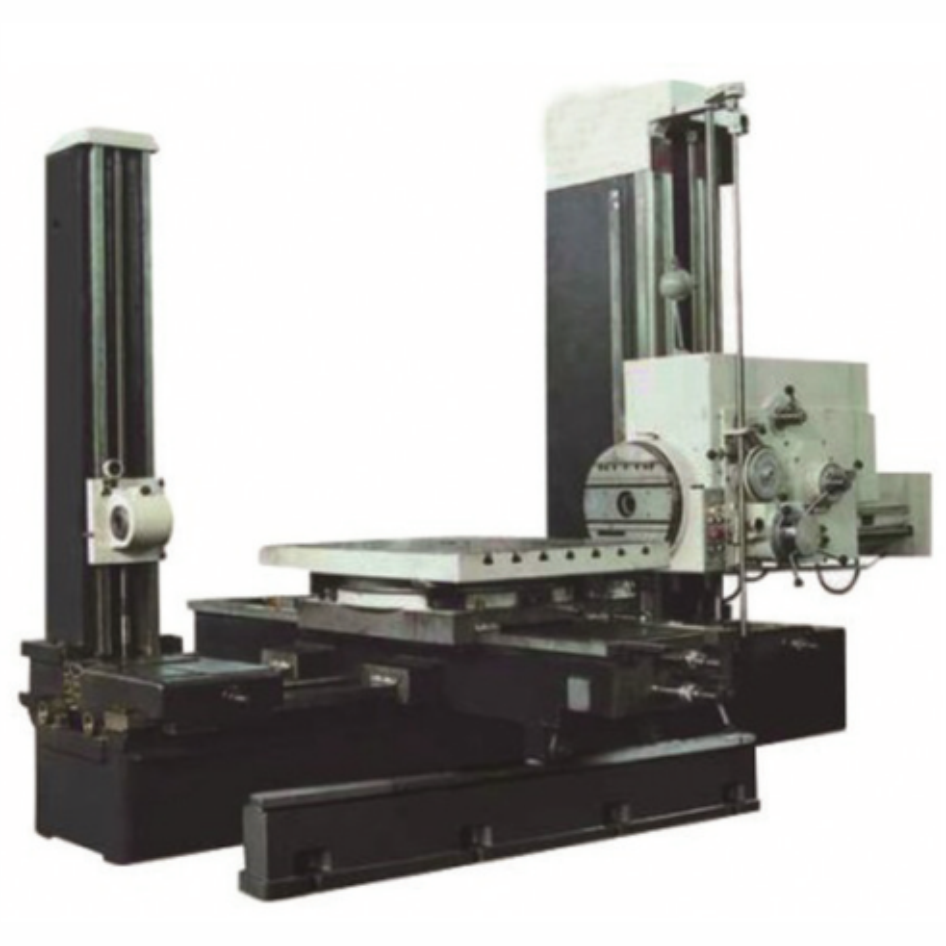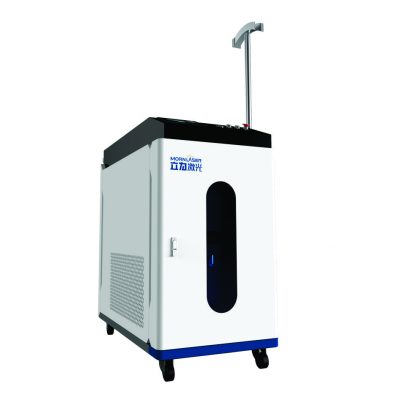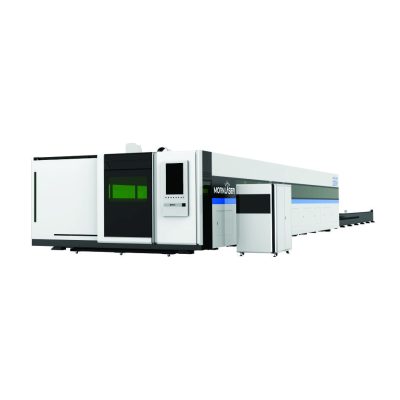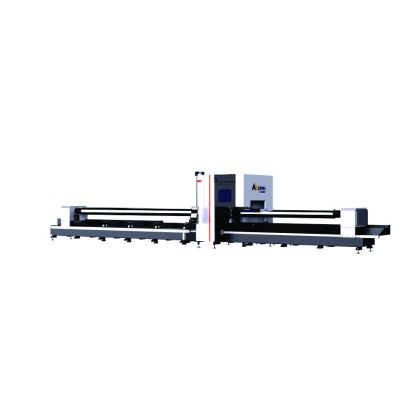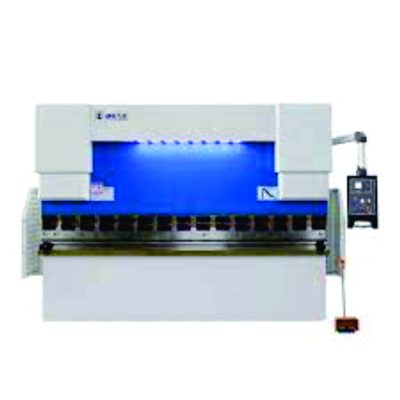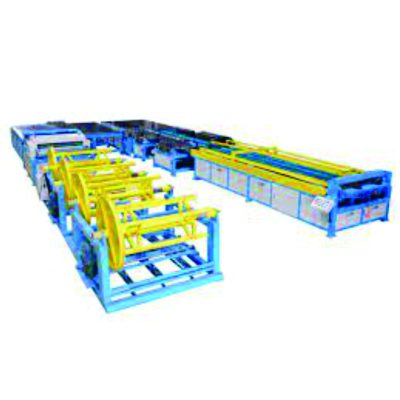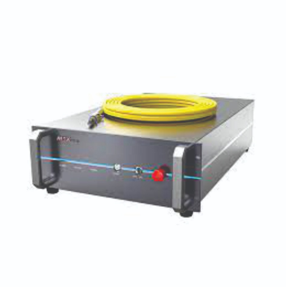Versatility: Horizontal boring machines are versatile and can handle a wide range of machining operations. They are capable of boring, milling, drilling, and tapping operations, making them suitable for various applications across different industries.
Large Workpieces: These machines are well-suited for machining large and heavy workpieces. Their horizontal orientation allows for the effective handling of large components, such as engine blocks, turbine casings, and other sizable parts.
Precision and Accuracy: Horizontal boring machines are designed to provide high levels of precision and accuracy in machining. This is crucial for applications where tight tolerances and precise dimensions are required.
Multi-Axis Machining: Many horizontal boring machines come equipped with multiple axes, allowing for complex machining operations. This capability is particularly useful for creating intricate features and contours in large workpieces.
Cost-Efficiency: Horizontal boring machines can be cost-effective for machining large and complex parts. They offer the advantage of completing multiple operations in a single setup, reducing the need for additional setups and tool changes.
Reduced Set-Up Time: Horizontal boring machines can often complete multiple machining operations without the need for repositioning the workpiece. This reduces setup times and increases overall efficiency in the machining process.
Deep Hole Drilling: Horizontal boring machines are well-suited for deep hole drilling applications. They can efficiently drill deep holes with precision, which is important in industries such as oil and gas, aerospace, and automotive manufacturing.
Accessibility: The horizontal orientation of the spindle in these machines allows for easy access to the workpiece. This accessibility is beneficial for loading and unloading large and heavy parts, as well as for tool changes and maintenance.
Stability and Rigidity: Horizontal boring machines are often designed with a robust and rigid structure, providing stability during machining operations. This stability is important for maintaining accuracy and achieving high-quality results.
Automation Integration: Many modern horizontal boring machines can be integrated with automation systems and computer numerical control (CNC) technology. This allows for precise control of the machining process and supports automation for increased productivity.
Tooling Flexibility: Horizontal boring machines can accommodate a variety of cutting tools, including boring bars, end mills, and drills. This tooling flexibility allows operators to choose the most appropriate tools for different machining tasks.
|

